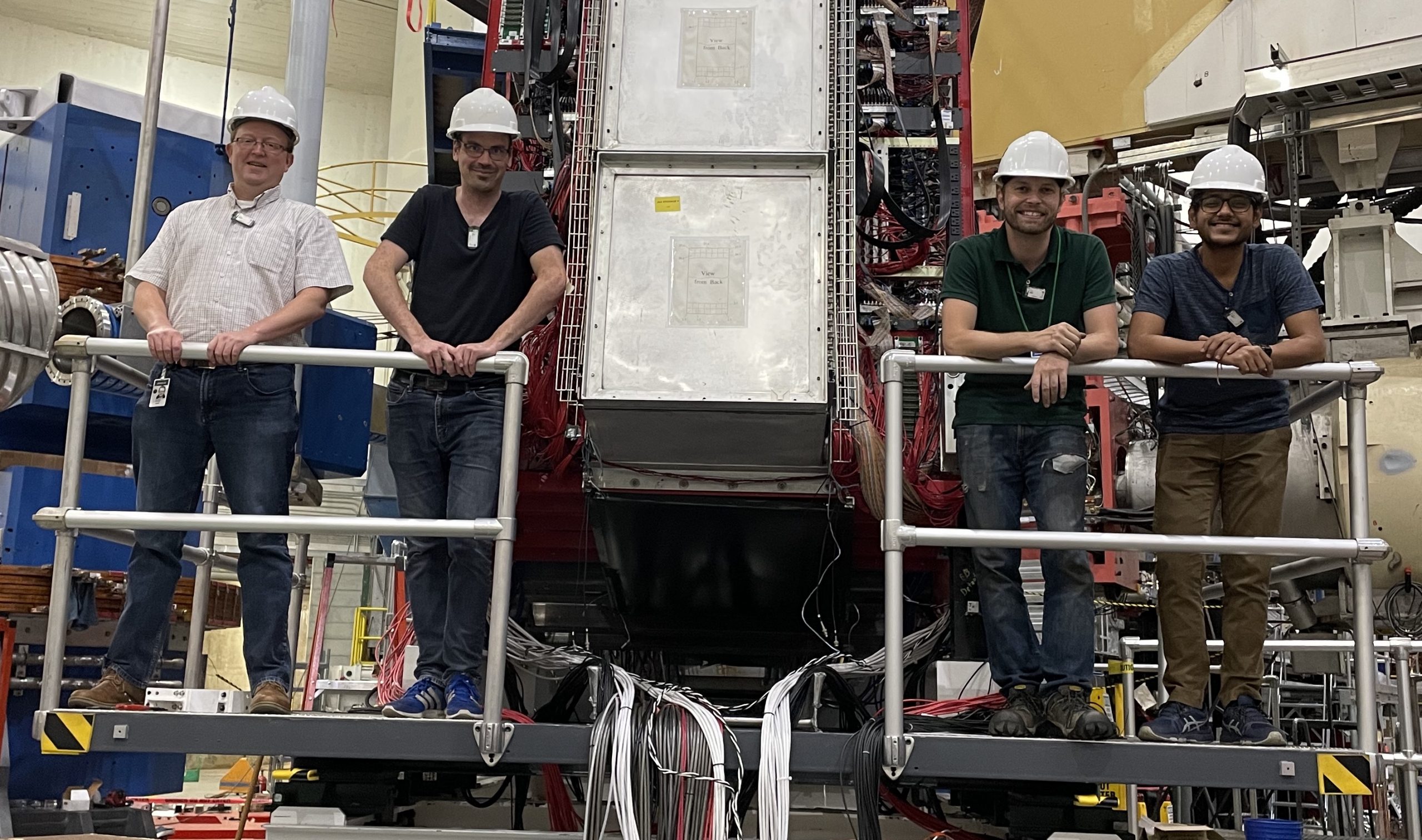-
Mar27
-
Apr3
-
Apr10
-
Apr17
Web cookies (also called HTTP cookies, browser cookies, or simply cookies) are small pieces of data that websites store on your device (computer, phone, etc.) through your web browser. They are used to remember information about you and your interactions with the site.
Session Management:
Keeping you logged in
Remembering items in a shopping cart
Saving language or theme preferences
Personalization:
Tailoring content or ads based on your previous activity
Tracking & Analytics:
Monitoring browsing behavior for analytics or marketing purposes
Session Cookies:
Temporary; deleted when you close your browser
Used for things like keeping you logged in during a single session
Persistent Cookies:
Stored on your device until they expire or are manually deleted
Used for remembering login credentials, settings, etc.
First-Party Cookies:
Set by the website you're visiting directly
Third-Party Cookies:
Set by other domains (usually advertisers) embedded in the website
Commonly used for tracking across multiple sites
Authentication cookies are a special type of web cookie used to identify and verify a user after they log in to a website or web application.
Once you log in to a site, the server creates an authentication cookie and sends it to your browser. This cookie:
Proves to the website that you're logged in
Prevents you from having to log in again on every page you visit
Can persist across sessions if you select "Remember me"
Typically, it contains:
A unique session ID (not your actual password)
Optional metadata (e.g., expiration time, security flags)
Analytics cookies are cookies used to collect data about how visitors interact with a website. Their primary purpose is to help website owners understand and improve user experience by analyzing things like:
How users navigate the site
Which pages are most/least visited
How long users stay on each page
What device, browser, or location the user is from
Some examples of data analytics cookies may collect:
Page views and time spent on pages
Click paths (how users move from page to page)
Bounce rate (users who leave without interacting)
User demographics (location, language, device)
Referring websites (how users arrived at the site)
Here’s how you can disable cookies in common browsers:
Open Chrome and click the three vertical dots in the top-right corner.
Go to Settings > Privacy and security > Cookies and other site data.
Choose your preferred option:
Block all cookies (not recommended, can break most websites).
Block third-party cookies (can block ads and tracking cookies).
Open Firefox and click the three horizontal lines in the top-right corner.
Go to Settings > Privacy & Security.
Under the Enhanced Tracking Protection section, choose Strict to block most cookies or Custom to manually choose which cookies to block.
Open Safari and click Safari in the top-left corner of the screen.
Go to Preferences > Privacy.
Check Block all cookies to stop all cookies, or select options to block third-party cookies.
Open Edge and click the three horizontal dots in the top-right corner.
Go to Settings > Privacy, search, and services > Cookies and site permissions.
Select your cookie settings from there, including blocking all cookies or blocking third-party cookies.
For Safari on iOS: Go to Settings > Safari > Privacy & Security > Block All Cookies.
For Chrome on Android: Open the app, tap the three dots, go to Settings > Privacy and security > Cookies.
Disabling cookies can make your online experience more difficult. Some websites may not load properly, or you may be logged out frequently. Also, certain features may not work as expected.

The photo above shows members of the group on the BigBite Spectrometer service platform in Hall A of Jefferson Lab during the SBS installation in July 2021. From left to right: Prof. Puckett, Dr. Eric Fuchey, Graduate Research Assistants Sebastian Seeds and Provakar Datta. Professor Puckett is an experimental nuclear/particle physicist studying the internal structure of strongly interacting matter in high-energy fixed-target electron-nucleon and electron-nucleus scattering experiments at Jefferson Lab (JLab). The recently completed 12 GeV upgrade of JLab's Continuous Electron Beam Accelerator Facility to a maximum beam energy of 11 GeV (12 GeV) for electron-beam (photon-beam) experiments, augmented by state-of-the-art target and detector systems, together with high-speed data acquisition and high-performance computing, has enabled a world-leading physics program leading to three-dimensional imaging of the internal quark structure of protons, neutrons and nuclei with unprecedented precision in both coordinate and momentum space. The ultimate goal of the experiments is to understand how strongly interacting matter is built from its elementary quark and gluon constituents in terms of Quantum Chromodynamics, the generally accepted theory of the strong interaction within the Standard Model. Click the image to see the list of publications and citations (according to Google Scholar).
Former UConn graduate student Provakar Datta’s Ph.D. thesis was selected for the annual JSA/Jefferson Lab Thesis Prize, which included a cash prize, a plaque, and an invitation to present his research at the annual Jefferson Lab Users’ Organization Meeting (JLUO), that took place from June 24-26, 2025. This prestigious award recognizes the best Ph.D. thesis […]
[Read More]Provakar Datta successfully defended his thesis titled “Precision Measurements of the Neutron Magnetic Form Factor to High Momentum Transfer using Durand’s Method” on September 18, 2024. From October to December, Provakar stayed on as a postdoc in the group, before starting a new postdoctoral position at Lawrence Berkeley National Lab.
[Read More]Sebastian successfully defended his thesis titled “The Two-Photon-Exchange Contribution to Electron-Neutron Elastic Scattering and Extraction of GMn at Q2 = 4.5 GeV2 in Hall A at Jefferson Lab” on Friday, July 19, 2024. After completing his Ph.D., Sebastian will start a new position as Staff Scientist 2 at Los Alamos National Laboratory, in the Intelligence […]
[Read More]| Phone: | (860) 486-7137 (Office) |
|---|---|
| E-mail: | andrew.puckett@uconn.edu |
| Address: | 196 Auditorium Road, Unit 3046 Storrs, CT 06269-3046 |
| More: | https://physics.uconn.edu/person/andrew-puckett/ |